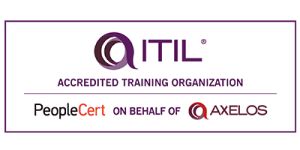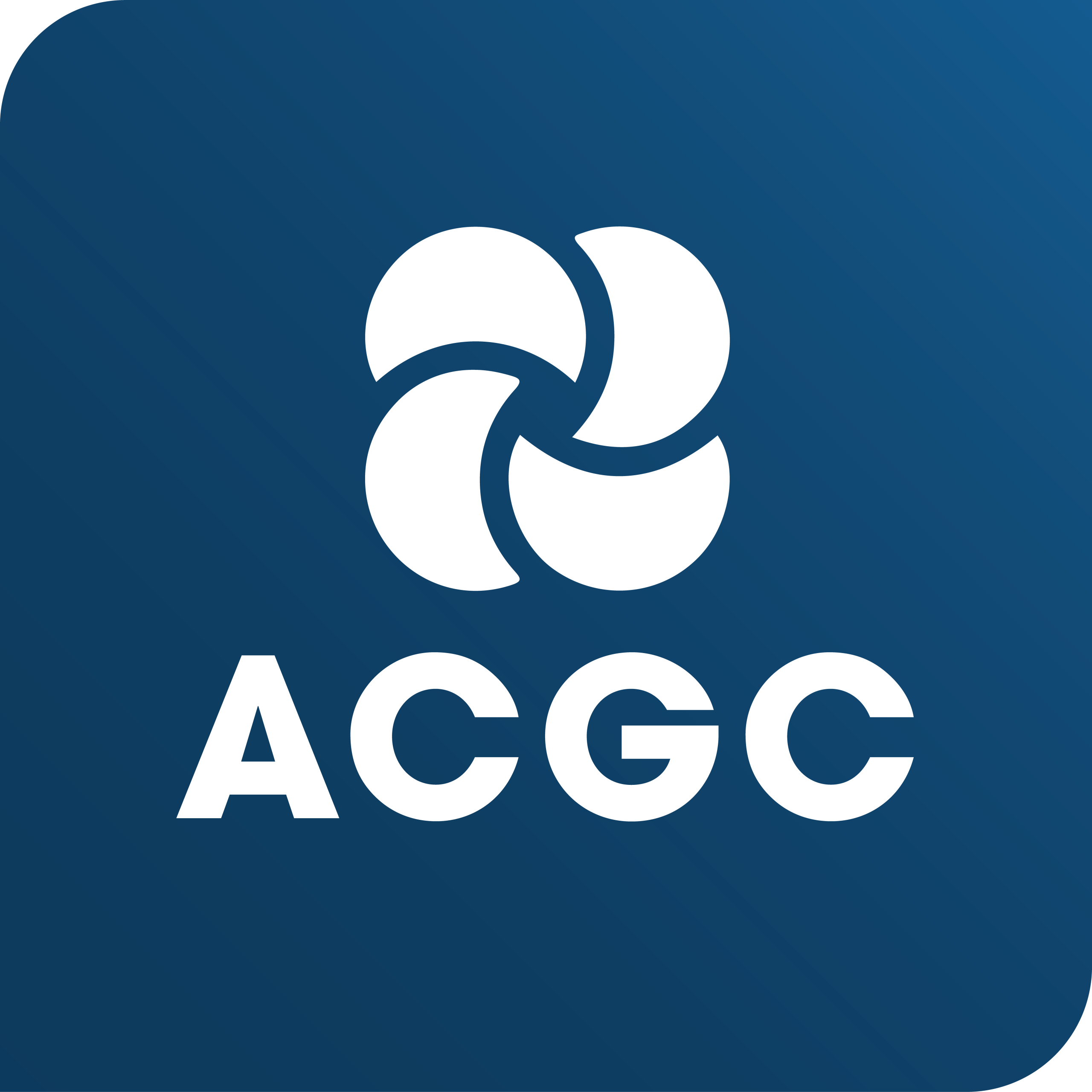ITIL® 4 Foundation eLearning with Exam
ITIL 4 Foundation is for anyone who needs to understand the key concepts of IT Service Management.
This Foundation course will guide you through the seven fundamental principles of ITIL, and will teach you the general terminology used.
- eLearning
- Certification
Self-Paced
eLearning
Exam Voucher
Included
PDF Booklet
Included
-
LevelBeginner
-
Last UpdatedAugust 15, 2024


30-Days Money-Back Guarantee
Course Materials Include
- Digital-PDF
- Videos
- Slides
- Mock Exams
Updated to January 2020 Syllabus Release.
This is an ITIL® 4 Foundation course and exam package. When you purchase this product directly from this website you will receive the following:
– 12 months access to the ITIL® 4 Foundation course
– 1 x Exam voucher from PeopleCert (Exam voucher is only included when you buy the course directly from this site)
ITIL® 4 is built on Best Practice which provides a practical and flexible approach to drive the world of digital transformation to embrace an end-to-end operating model for the delivery and operation of products and services. ITIL® 4 also provides a holistic end-to-end picture that integrates frameworks such as Lean IT, Agile, and DevOps.
The ITIL® 4 Foundation course is a 2-day classroom room based on the exam specifications supplied by AXELOS. The objectives of this course is to help the candidates understand the key concepts of service management and the ITIL® 4 service management framework and better prepare for the ITIL® 4 Foundation examination. In addition to the course we offer a rich learning experience that helps the participants understand ITIL® 4 and relate ITIL to their own work environment. This rich learning experience is supported by additional learning tools such as pre-course reading materials, post-course reading material, and assessment tools such as the award-winning Champions.
The course is made up of 7 modules, and is broken down as follows:
Course Outline:
Module 1: Concepts of service management
Recall the definition of:
Service (2.3.1)
Utility (2.5.4)
Warranty (2.5.4)
Customer (2.2.2)
User (2.2.2)
Service management (1.2)
Sponsor (2.2.2)
Describe the key concepts of creating value with services (2.1, 2.2, 2.5) including all subsections):
Cost
Value
Organization
Outcome
Output
Risk
Utility
Warranty
Service offering
Service relationship management
Service provision
Module 2: Adopt and adapt service management
Describe the nature, use and interaction of the guiding principles (4.3, 4.3.8)
Explain the use of the guiding principles (4.3):
a) Focus on value (4.3.1)
b) Start where you are (4.3.2)
c) Progress iteratively with feedback (4.3.3)
d) Collaborate and promote visibility (4.3.4)
e) Think and work holistically (4.3.5)
f) Keep it simple and practical (4.3.6)
g) Optimize and automate (4.3.7)
Module 3: The four dimensions of service management
Describe the four dimensions of service management (3):
a) Organizations and people (3.1)
b) Information and technology (3.2)
c) Partners and suppliers (3.3)
d) Value streams and processes (3.4-3.4.2)
Module 4: Service Value System (SVS)
Describe the ITIL service value system (4.1)
Module 5: Service Value Chain (SVC)
1 Describe the interconnected nature of the service value chain and how this supports value streams (4.5)
2 Describe the inputs, outputs and purpose of each value chain activity:
a) Plan (4.5.1)
b) Improve (4.5.2)
c) Engage (4.5.3)
d) Design & transition (4.5.4)
e) Obtain/build (4.5.5)
f) Deliver & support (4.5.6)
Module 6: The ITIL practices
In this module participants should be able to recall the purpose and definition of the marked areas below.
*Note that to avoid doubling of content the topics Change and Service desk are in module 7.
Recall the purpose of the following ITIL practices
Recall definitions of the following ITIL terms
Module 7: The ITIL practices in detail
As noted from module 6, the following modules candidates will be learning
Recall the purpose of Change control (5.2.4) & Service desk (5.2.14)
Recall definitions of Change Change (5.2.4)
In addition to the above dot points, we delve deeper to help candidates to understand:
Explain the following ITIL practices in detail, including how they fit within the service value chain:
a) Continual improvement (5.1.2,) inc: The continual improvement model
b) Change control (5.2.4)
c) Incident management (5.2.5)
d) Problem management (5.2.8)
e) Service request management (5.2.16)
f) Service desk (5.2.14)
g) Service level management (5.2.15)
ITIL® is a registered trade mark of AXELOS Limited, used under permission of AXELOS Limited. All rights reserved.
This course is provided by our courseware provider ACGC. Accreditation can be found here.
Copyright © AXELOS Limited 2019. All rights reserved. Material is reproduced under licence from AXELOS. Copyright © ACGC 2022 unless otherwise stated.
What I will learn?
- An Introduction to ITIL®
- Concepts of service management
- Adopt and adapt service management (Guiding Principles)
- The 34 ITIL practices, with a primary focus on 18 of these
- Key concepts from Lean IT, Agile, DevOps, and Organizational Change Management, and why these are important to deliver business value
Course Curriculum
Introduction
Course Modules
-
Module 1: Concepts of Service Management
22:50 -
Module 2: Adopt and adapt Service Management
40:34 -
Module 3: Four dimensions of Service Management
12:51 -
Module 4: The SVS
11:23 -
Module 5: The SVC
20:29 -
Module 6: The ITIL Practices
30:01 -
Module 7 ITIL® Practices in detail
29:18
End of Module Revision
-
Module 1 revision
08:00 -
Module 2 revision
08:00 -
Module 3 revision
06:00 -
Module 4 revision
05:00 -
Module 5 revision
06:00 -
Module 6/7 revision
12:00
Interactive Quiz
-
Module 1 – 7 interactive quiz (Added Jan 2020)
01:30:00
Champions Quiz Challenge
-
Champions and how to access
Mock Exams
-
(Old mock exams) ITIL® 4 Foundation Mock Exam 1 + 2
02:00:00 -
(Latest) ITIL® 4 Foundation Mock Exam 1 V1.4
01:00:00 -
(Latest) ITIL® 4 Foundation Mock Exam 2 V1.2
01:00:00
AXLE Car Hire Scenarios
-
AXLE Car hire – Role play script
01:35:00
Appendix
-
Appendix A-D Updated 14/07/2022
03:00:00
Syllabus
-
ITIL 4 Foundation Candidate Syllabus
00:00
Take the exam and get certified!
-
Buy and take your exam today!
00:00 -
Exam walk through, what to do and what not to do
15:07
About The Instructor
Requirements
- There are no pre-requisites for this course, however it is assumed that course participants are working or have worked in an IT environment or equivalent.
Target Audience
- The ITIL® (4) Foundation course targets candidates in the IT and business domains who wish to take first steps into service management. Previous candidate that are familiar with earlier versions of ITIL and/or other sources of industry best practice and wish to learn about ITIL 4 will also benefit. This course and the related certification can be beneficial for the following roles:
- IT Service Management
- Operations and Incident management
- IT Change & Release management
- IT Supplier & Vendor management
- Business Analysis and Design
- Business analysts & Service desk analysts
- IT Architects
- Development
- IT Project & Programme Management
- Risk and Compliance
- Information Security management
- We can also deliver and customize this training course for larger groups – saving your organization time, money and resources. For more information, please contact us on 0429 003 500.


